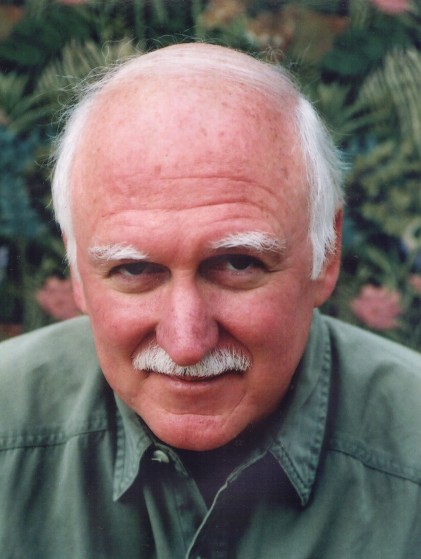When authors dare to compose

Musical history is rich with composers who wrote to pay the bills—Berlioz and Schumann were passionate and perceptive music critics—but rarely does one come across writers who also compose (at least, those who do it well). Sir Donald Francis Tovey was one and Jan Swafford is another.
Swafford is best known for his superb biographies of Brahms and Charles Ives, but less commonly recognized as a composer. Kudos to The Chicago Ensemble for giving their audience the opportunity to hear the other side of Swafford Tuesday night at Fourth Presbyterian Church.
In his user-friendly verbal notes, pianist Gerald Rizzer described Swafford’s They Who Hunger (1990) as “Minimalism meets Americana” and it’s hard to do much better than that. As reflected in the title taken from the Sermon on the Mount, Swafford’s expansive single movement for piano quartet—a winner of the Ensemble’s Discover America Competition—was motivated by his concern over the plight of the poor and the homeless, yet there’s none of the hoary didacticism associated with so much politically inspired music.
An American sensibility is palpable in the plaintive melancholy of the opening violin solo, which moves to viola and then cello. There is a restless searching expression in the music with moments of aggressive defiance—a passage for high viola harmonics and a dominant driving motoric rhythm. The music builds to a climax, which descends to slides in the strings like pained dying cries, leading to a ruminative piano solo and eventual solace in the quiet, benedictory coda.
This is richly rewarding and well-crafted music with an emotional depth and angular populism that make one eager to explore more of Swafford’s non-literary output. The playing of the Chicago Ensemble members (violinist Mathias Tacke, violist Paul Vanderwerf, cellist Andrew Snow, and Rizzer) was not without its rough moments but a certain astringent quality suits this work and their committed performance likely introduced most in the audiences to Swafford’s compelling music.
Mozart’s Piano Quartet No. 1 in G minor led off the program less successfully in a rather bluff reading undermined by scratchy violin moments and wayward viola intonation. The performance was more dogged than refined, with an overall lack of delicacy, reflected in the prosaic slow movement.
The closing work, Gabriel Faure’s Piano Quartet No. 1 in C minor, fared better. An early product of the French composer’s prolific chamber output, the work is written with extraordinary refinement in a style hovering between Franck’s rhapsodic Romanticism and the Gallic lucidity of Debussy. Faure’s quartet received a more polished and blended performance, with Rizzer’s fine keyboard work a fulcrum for the impassioned opening movement. The players captured the playful esprit of the Scherzo and the majestic rumination of the Adagio, the latter launched by Snow’s elegant, burnished solo.
[Note: Mr. Swafford, who kindly supplied the above photograph for this review, is indeed widely known as a biographer but emphasizes that he considers himself “above all a composer.”]
The program will be repeated 3 p.m. Sunday at the University of Chicago’s International House. www.thechicagoensemble.org; 773-889-4206.
Posted in Uncategorized

